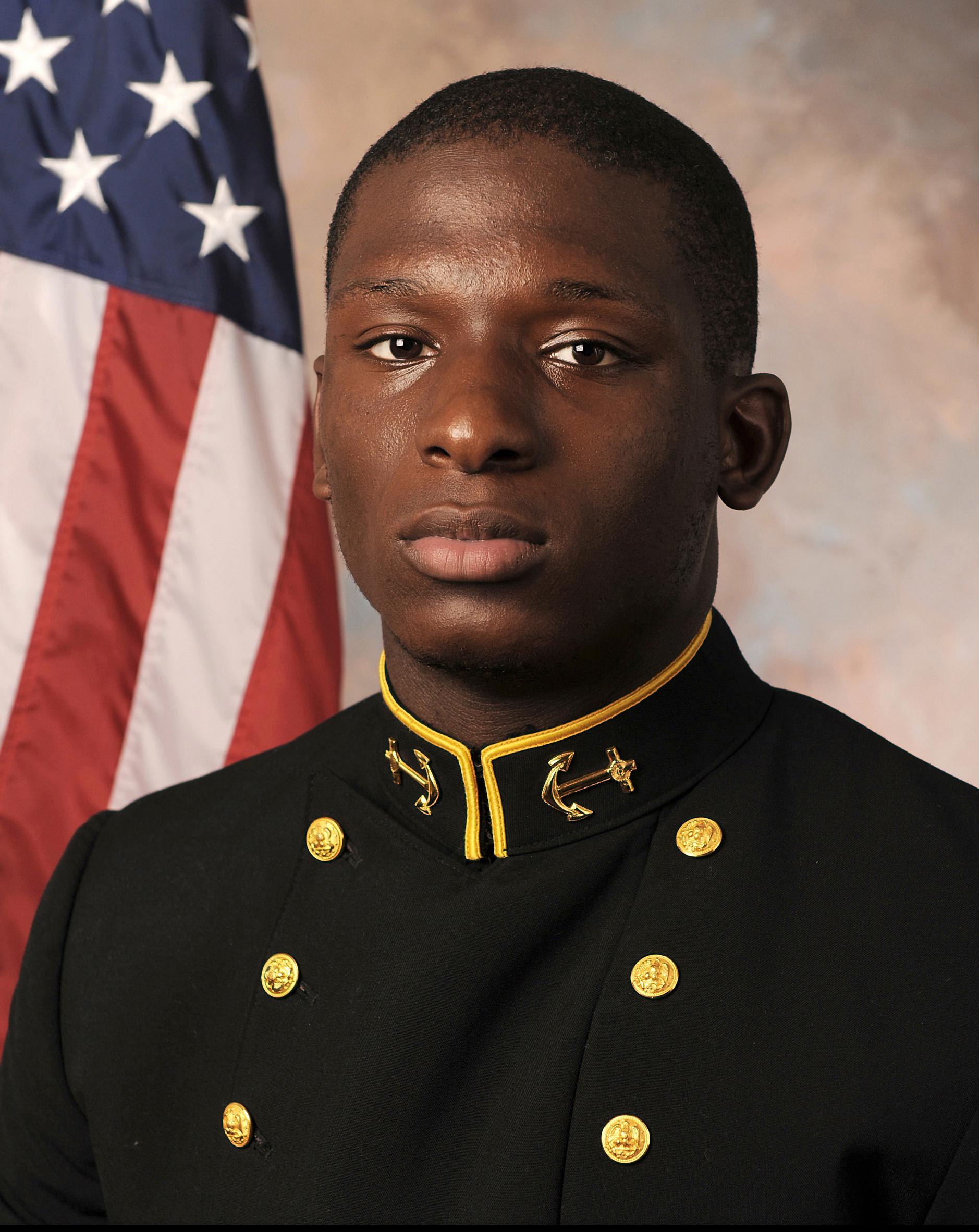
Drunk parties make for tough military sexual-assault cases. That’s the bottom line following a ruling Thursday by a Marine judge who found that a former Naval Academy football player did not sexually assault a female classmate at an alcohol-drenched off-campus party in Annapolis, Md., two years ago.
The defendant, Joshua Tate, of Nashville, didn’t react as Marine Colonel Daniel Daugherty announced his verdict before a crowded courtroom at the Washington Navy Yard. Tate was one of three former Navy football players charged with sexual assault, but he became the lone defendant after charges were dropped against the other two. That leaves the service 0-for-3 in prosecuting those charged in the high-profile case.
Like the case involving Army Brigadier General Jeffrey Sinclair which ended earlier Thursday with Jeffrey receiving no jail time for sexual offenses, the Navy’s case against Tate grew weaker as defense attorneys argued the alleged victim was a willing participant. The victim endured brutal questioning last fall during a pre-trail hearing that led to widespread criticism of how the military handles such cases.
Tate, who did not testify, faced up to 30 years imprisonment.
The court martial made clear that the accuser, in the words of one of her attorneys, “was unable to make [a] competent decision to have sex when Tate had sex with her” because she was intoxicated.
Alcohol is often an accomplice to sexual assaults in the military as it is elsewhere. An Army captain, sentenced to six years imprisonment for sexually assaulting a female officer in 2010, recently cited “Affirmative Defense: Voluntary Intoxication” as a reason he should not be found guilty (the Army Court of Criminal Appeals dismissed his appeal Feb. 28).
“In many situations, it becomes a ‘he-said, she-said’ case,” says Elspeth Ritchie, a retired Army colonel and psychiatrist who dealt with the issue during her 24 years in uniform. “He says consensual sex, she says it was forced, or that she was too drunk to consent. There is often little or no hard evidence to show what actually happened.”
Susan Burke, who represented the accuser, said “justice did not prevail” in her case. “Like so many survivors of sex crimes in the military, our client was twice victimized: first by her attacker and then by the failed investigation and prosecution of this case,” she said. “She is understandably disappointed today, but hopes legitimate reforms of the military justice system will occur because of her case and those of other survivors.”
More Must-Reads from TIME
- Donald Trump Is TIME's 2024 Person of the Year
- Why We Chose Trump as Person of the Year
- Is Intermittent Fasting Good or Bad for You?
- The 100 Must-Read Books of 2024
- The 20 Best Christmas TV Episodes
- Column: If Optimism Feels Ridiculous Now, Try Hope
- The Future of Climate Action Is Trade Policy
- Merle Bombardieri Is Helping People Make the Baby Decision
Contact us at letters@time.com